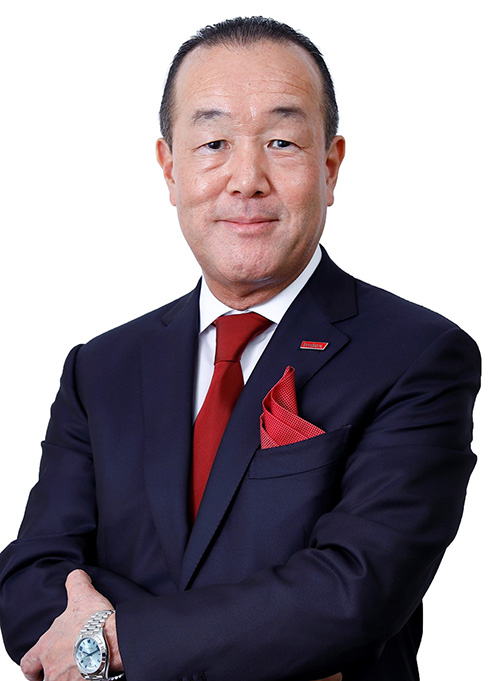For the sake of our clients' tomorrow.

"Mr. Uemura's company is like the 4D pocket where anything can come out.
This is what one of our clients once said about us. He complimented us on our ability to come up with appropriate solutions to the many challenges he faced in the construction project. Of course, we do not have any handy tools to solve the challenges in one shot. We must use our expertise to solve the client's problem and think it through.
Construction projects are large in scale and involve a wide range of stakeholders, which can lead to various problems such as budget overruns, construction schedule delays, and inadequate quality. As a pioneer in construction project management and an accompanist to client companies and governments, Index has successfully led many projects.
Today, Index manages office buildings, commercial facilities, factories, and warehouses, university campus reorganization, consolidation and reorganization of medical institutions, the launch of renewable energy projects, privatization of toll roads in Japan and overseas, and concept planning for smart cities. In the consulting area, we have grown to provide services in all aspects of the construction lifecycle, from business planning to maintenance and operation of facilities, in addition to the traditional "design and construction" services.
Index's strength, Public-Private Partnership (PPP) projects in Japan and abroad, started after the Great East Japan Earthquake when we supported the reconstruction of Ofunato City, Rikuzentakata City, and Sumida Town. Later, I was designated as a policy advisor to Aichi Prefecture. Having supported the privatization of Aichi's toll roads for the first time in Japan and having keenly realized the need for social and public infrastructure PPPs, I have been involved in numerous public-private partnership projects.
One of our principles is "Sampo-Yoshi," which means "Assuring mutual and social benefit. This was advocated by the Omi merchants, who believed that business should be good for themselves and their business partners, and society.
As a project manager, it is natural for me to serve my clients. However, in a construction project, it is essential to realize Sampo-Yoshi, which means that in addition to my clients, there are construction companies and the community. In a social infrastructure project, there are three parties: the government that places the order, the private company that receives the order, and the residents who are the beneficiaries. I am convinced that pursuing Sampo-Yoshi will lead us to new growth as a company.
Our other philosophy is "Always with the SHIKKAI spirit, making SHIKKAI effort", A SHIKKAIYA is a specialist who organizes the production of kimonos. Depending on the customer's order, the SHIKKAIYA would visit artists and dyers, unite several craftsmen, and deliver the kimono. This is precisely what a project manager does. We believe it is our responsibility to develop human resources who can behave like SHIKKAIYA and realize Sampo-Yoshi, or Japanese-style project management, and give them a chance to play an active role in the world as they carry the future of Japan.
It has been 20 years since we made project management our core business. The information gap between clients, design firms and construction companies remains, and many clients are still troubled by project problems. Looking around the world, many countries are facing the problem of maintaining and updating their social infrastructure. Our expertise in public-private partnerships, including expertise and financing, can be utilized.
We will continue to listen to the needs of our clients and society, and strive to solve social issues, innovate social systems, and make international contributions through projects in construction, social and public infrastructure, and facilities.
Chief Executive Officer